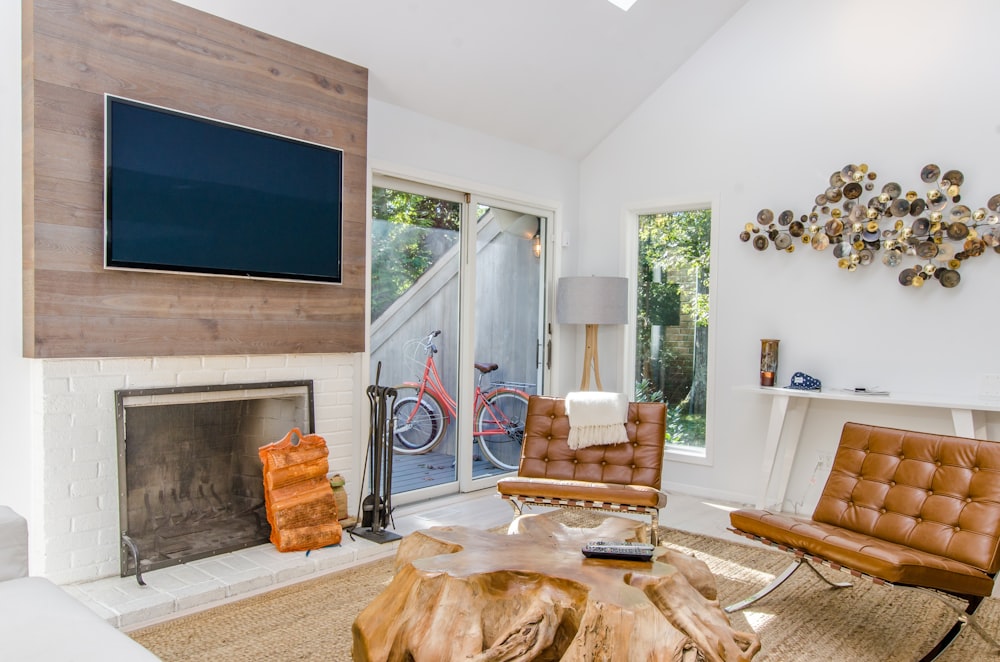How To Be A Good Landlord: The Secret To Happy Landlording

While there’s no denying that owning a rental property can be a great way to generate passive income, not all property investments are equally profitable – and not all property owners are similarly dependable.
When acting as a landlord for the first time, many people believe that the job entails nothing more than sitting back and allowing rent checks to roll in. Needless to say, this approach to property ownership is not going to endear you to tenants.
Furthermore, if you develop a reputation for being an inattentive, indifferent, or generally unfit landlord, you’re liable to have trouble attracting future renters. Fledgling landlords who want to do right by their tenants should exhibit the following traits.
So, How To Be A Good Landlord? Things That You Must Know!
It is difficult to become a good landlord with all those stressors that you deal with every single day. After all, some tenants are there who actually push your button. They might refuse to pay, damage your rental property, or deliberately disregard the lease rules. Thus, it can be really difficult to keep your cool.
In this section, we will be discussing how to be a good landlord, regardless of the situation. Read on to learn more.
Meticulous Property Maintenance

As the landlord, the responsibility of maintaining your various rental properties falls squarely on you. When it comes to smaller properties, you may be able to perform the bulk of all maintenance responsibilities with little to no assistance.
However, with apartment buildings and condo complexes, you’ll more than likely need to enlist the services of full-time maintenance personnel. For example, if one property houses hundreds of units, there’s no way you’ll be able to personally take care of every maintenance request you receive.
You should also make a point of responding to maintenance requests in a timely and courteous manner.
One of the biggest complaints people have about optimistic landlords is a lack of responsiveness to maintenance issues. The sooner you or your maintenance crew take care of the problems your renters report, the more likely you are to retain tenants and garner favorable feedback online.
Willingness To Screen Renter Applications
When it comes to reviewing applications from prospective tenants, a good landlord never goes with their gut. After all, just because someone can talk a big game in person or over the phone doesn’t mean that the information you’re receiving is truthful.
This isn’t to say that applicant screening is guaranteed to weed out every problematic tenant. But it will significantly reduce your chances of winding up with renters who cause problems for their neighbors, take poor care of the property, or refuse to pay rent.
So, regardless of how well a prospective tenant presents themselves during your initial meeting, make a point of going over their application with a fine-toothed comb.
Among other things, this entails running a credit check, requesting a record of previous rentals, and contacting any references they provide.
Depending on the property in question, you’re liable to receive a fair number of applications. For example, houses for rent in Houston are likely to generate interest from scores of prospective renters.
Easy Accessibility

No tenant relishes not being able to get a hold of their landlord. As such, renters must know how to get in touch with you. For instance, if a tenant has a maintenance problem, an issue with a neighbor, or trouble with rent, it’s only natural that they’d want a direct line to you.
With this in mind, provide every tenant with your work phone and email. Furthermore, if you maintain an office at any of your rental properties, consider making yourself directly available to tenants during certain hours.
While you may think that making yourself inaccessible to renters will save you a fair amount of trouble, such behavior will only serve to create more problems.
Let’s say they’re given the impression that their landlord couldn’t care less about their needs. In that case, some tenants won’t hesitate to find new rental residences and trash you and your properties online.
You may have to manage multiple properties or have a day job outside of being a landlord. In that case, you may want to consider hiring a dependable property manager. This person will essentially act as your proxy.
Additionally, collecting rent and dealing with tenant concerns, they’ll consult with maintenance staff and screen applications from potential renters. However, even if you go this route, make a point of checking in on a daily basis and staying abreast of what’s happening on your properties.
It isn’t hard to see why landlords are often cast in less-than-ideal light. After all, many property owners have no qualms about ignoring tenant concerns.
It also allows severe problems to go unaddressed for extended periods. So, if you’re looking to do right for your renters and your property, try to embody the characteristics discussed above.
What More Can You Do To Be A Good Landlord?
Managing a rental property is more like running a business. To achieve the desired success, you must stay professional, manage your finances, and screen your tenants. You must also comply with the laws to avoid any kind of legal issues.
Did you think about protecting yourself? If not, then get your landlord insurance. More than that, you must prevent problems by keeping your property in very good condition. Additionally, you must look out for the tenant issues to ensure to respond promptly.
Once you start following these tips, it will be helpful for you to effectively manage your property while being a good landlord.
Read Also:











Leave A Reply